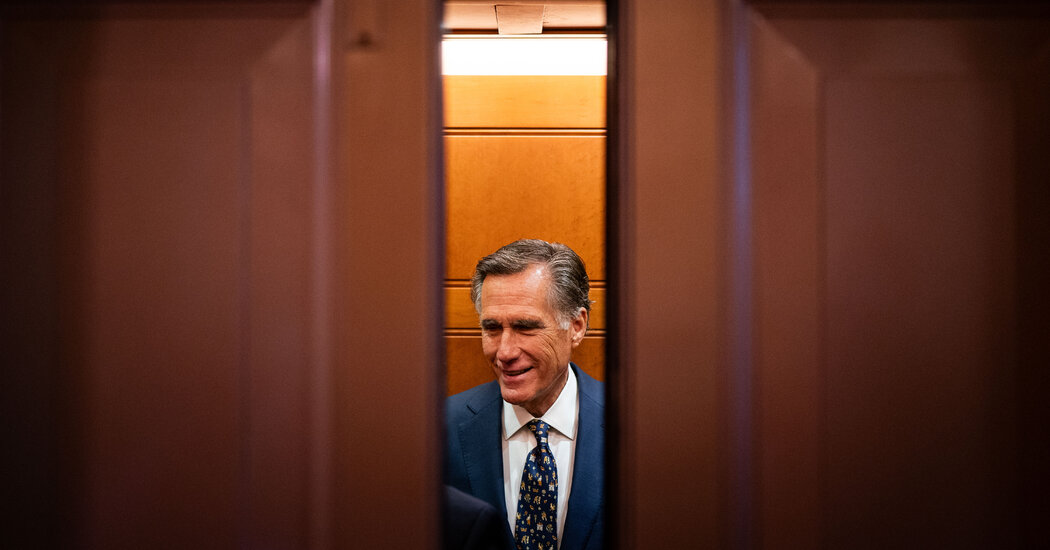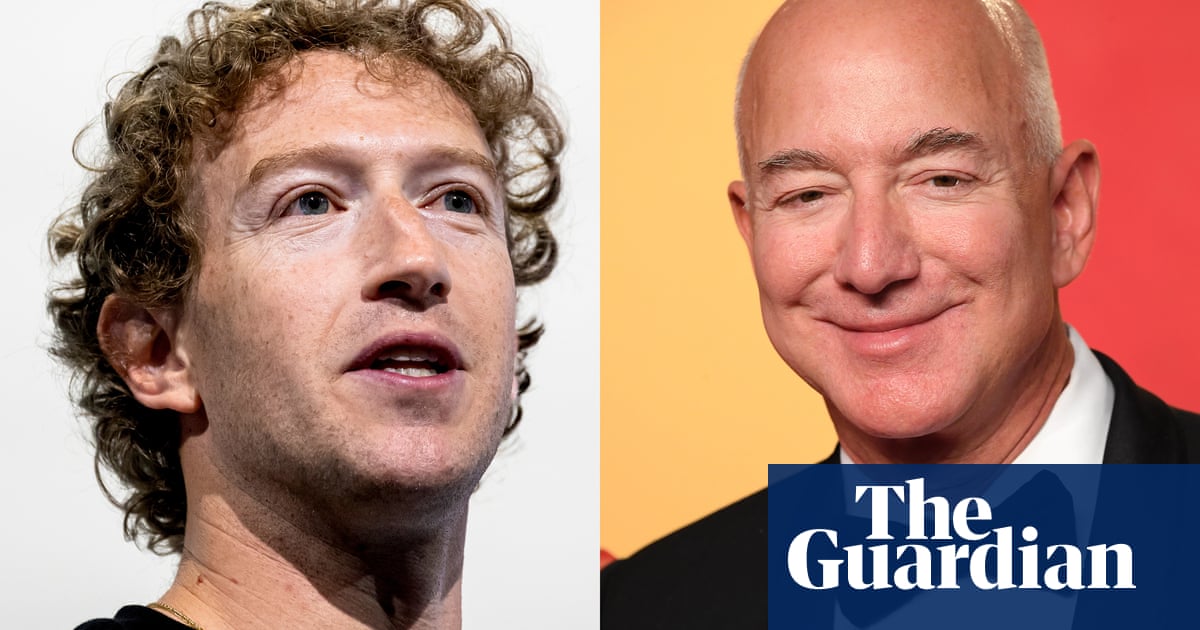Senator Mitt Romney of Utah, the 2012 Republican presidential nominee, who made history by breaking with his party and voting to remove former President Donald J. Trump from office, announced on Wednesday that he would not seek re-election in 2024. Romney stated that he wanted to make way for a “new generation” of leaders.
He strongly suggested that both President Biden, 80, and Mr. Trump, 77, should follow his lead and step aside to allow younger candidates to take the reins. Romney argued that neither leader was effectively addressing the nation’s “critical challenges.”
“At the end of another term, I’d be in my mid-80s. Frankly, it’s time for a new generation of leaders,” said the 76-year-old Romney in a video statement. “They’re the ones that need to make the decisions that will shape the world they will be living in.”
In many ways, this retirement announcement from Romney, a wealthy former governor and traditional conservative, comes as no surprise. He has long been out of sync with a Republican Party that has veered sharply to the right and embraced a more divisive brand of partisanship.
Since being elected to the Senate in 2018, Romney has found himself in a lonely position within the Capitol. A majority of Republicans remain loyal to Trump, or at the very least, refuse to break ties with him. While Romney has participated in bipartisan efforts on issues like infrastructure, gun safety, and Electoral Count Act reform, he has rarely taken a leading role in those endeavors.
In his video, Romney criticized both Biden and Trump for failing to address the nation’s most crucial challenges, including climate change, authoritarian threats from Russia and China, and mounting debt. He highlighted how both leaders have neglected to tackle entitlements, representing two-thirds of federal spending. He also called out Trump for dismissing global warming as a hoax and Biden for investing insufficiently in the military and alliances.
“The next generation of leaders must take America to the next stage of global leadership,” Romney declared.
His retirement announcement comes at a time when there is renewed focus on the age of President Biden and other prominent elected officials, such as Senator Mitch McConnell of Kentucky, 81, whose recent health issues have raised questions about his fitness to continue serving.
Over the years, Romney, driven by his Mormon faith, has found himself marginalized within a party that has shifted further right under Trump’s influence. Despite being regarded as a reliable and common-sense vote, Romney never emerged as a leader within any faction or committee in the Senate.
While hinting that he may still play a role in the nation’s political discourse, Romney stated, “I’m not retiring from the fight.” He plans to complete his term, which ends in January 2025.
Since Utah is a reliably Republican state, Romney’s departure is unlikely to affect the balance of power on Capitol Hill. He had previously stated that he would make a decision about seeking re-election by the end of the year, considering whether he could still play a productive role in Congress.
His decision to step away from the Senate follows similar choices made by many moderate House Republicans last year. In the 2022 midterm elections, four House Republicans who voted to impeach Trump declined to run for re-election.
Romney also fueled speculation about his readiness to move on from the Senate when he agreed to participate in a forthcoming biography titled “Romney: A Reckoning” by McKay Coppins, a staff writer at The Atlantic. In the book, Romney shares his colleagues’ private thoughts and conversations about Trump when the former president is absent.
According to reports, Coppins conducted extensive interviews with Romney and had access to the senator’s emails and diary. The impending release of the book has caused concerns among Romney’s colleagues about their private views on the party’s controversial presidential frontrunner being made public.
Moreover, Romney has become increasingly worried about the possibility of Trump becoming the Republican nominee. In a recent opinion piece for The Wall Street Journal, he implored donors and Republican candidates to unite around an alternative to Trump in order to prevent him from securing the party’s nomination.














